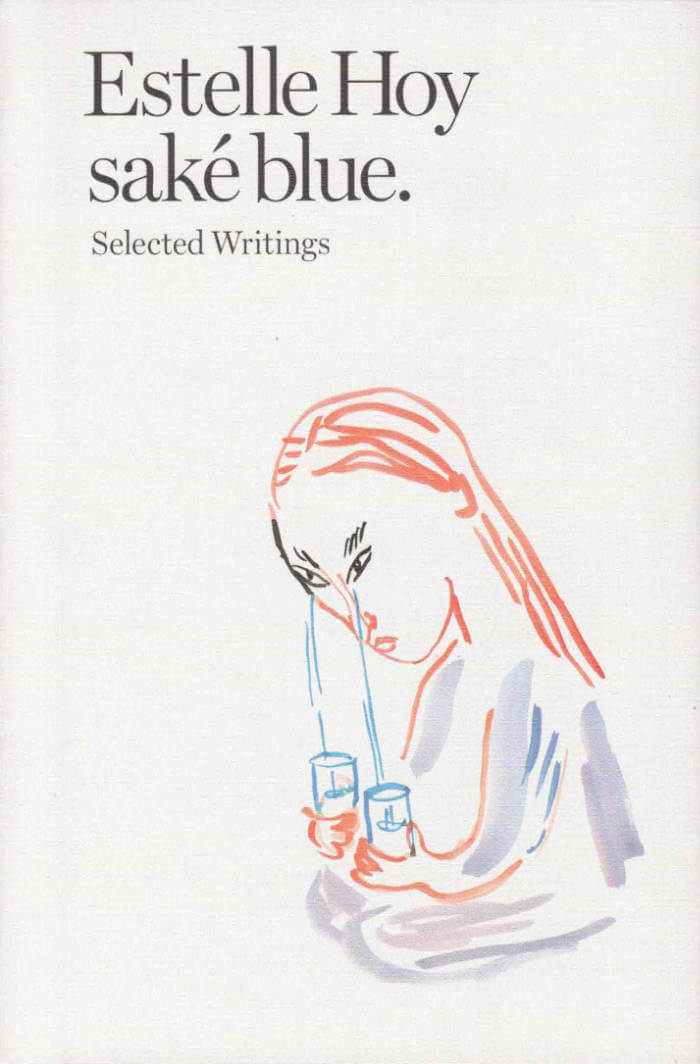
Worms #5 'Impurity'
Clem Macleod ed.
In this issue, Worms explores New Narrative alongside writers working today that incorporate some of it’s themes. The cover star Saidiya Hartman talks with Rhea Dillon about the limits and processes of creating stories from the archive, while Camille Roy and Dodie Bellamy give insight into New Narrative from their experiences involved in the movement. Savannah Knoop tells about their life playing the character of J.T Leroy, while Calla Henkel delves into ideas of using other people’s narratives as our own. There’s lots of gleaning, lots of stealing and lots of hard truths coming from the human body. There is poetry and fiction and all of the usual bits, as well as an experimental cut up piece demonstrating the appropriation method that Kathy Acker (via William Burroughs) used in so much of her work. Many more worms to be found in these pages.
Featuring:
Saidiya Hartman, Camille Roy, Dodie Bellamy, Lynne Tillman, Estelle Hoy, Rhea Dillon, Savannah Knoop, Lauren Fournier, Madelyne Beckles, Joanna Walsh, Anne Turyn, Cristina Morales, Calla Henkel, Jenny Zhang
Contributors:
Zara Joan Miller, Haydee Touitou, Nicole Della Costa, Cecilia Pavón, Valentina Von Klencke, Feyi Adegbite, Alice Platti, Victoria Campa, Alice Butler, Clemmie Bache, Caitlin Mcloughlin, Jack Stuart Mills, Honor Weatherall, Arcadia Molinas, Aimee Ballinger, Wes Knowler, Eleanor Wang, Katy Dadacz, Olive Couri, Rachel Cattle, Isabelle Bucklow, Sarah Bodri, Hope Roafl, Maura Sappilo, Jodie Hill, Jacqueline Ennis Cole, Mary Watt, Delia Rainey.







